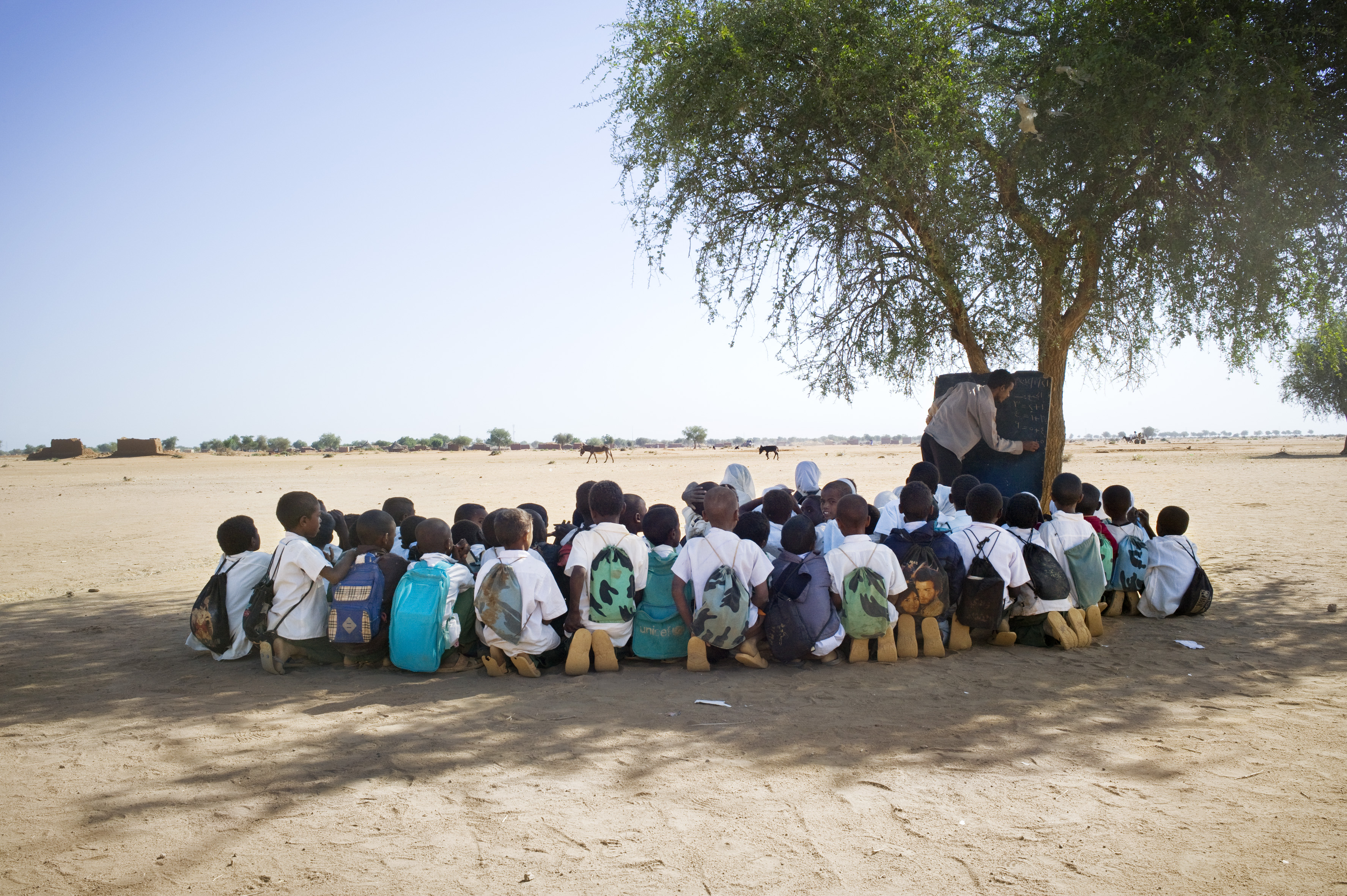
Policies
Leveraging Education Assistance Resources in Nigeria (LEARN) To Read
Context and Issue:
In Adamawa State, Nigeria, early-grade literacy is a significant challenge in the educational system. High illiteracy rates among young children are attributed to under-resourced schools, inadequately trained teachers, and socio-economic challenges in the country. According to a report from USAID published in November 2023, 87% of primary 3 students were unable to read more than one familiar word per minute and 94% of them were unable to understand basic reading passages. This evaluation highlighted the urgent need to intervene and address the literacy crisis.
Solution:
In response to the pressing issue, USAID, in collaboration with the Nigerian government, launched the LEARN to Read program in February 2022. The five-year initiative aims to strengthen early-age reading in Adamawa and various Nigerian states. It focuses on integrating standards-based literacy practices in the educational systems in the native language (Hausa) through improved teacher training, curriculum development, and provision of materials. A significant focus is placed on training teachers to deliver phonics-based literacy instruction effectively. The program also integrates School-Based Management Committees to ensure that schools have the necessary support from parents and the local community to help students succeed.
Impact:
Given that the program is still ongoing, initial data from the 2023 baseline report indicates that the program has been implemented in 50 schools across Adamawa State. The program has assessed 600 primary school pupils and has provided literacy instruction training to 100 teachers. The program aims to enhance the literacy skills of over 3.5 million pupils and train more than 35,000 teachers.
Analysis
Up to today, the LEARN to Read program has ambitious goals of reaching 5,900 schools nationwide, with a focus on the vulnerable parts of the population. The program is still in its early stages, but the chances of success are high, as it is building on the progress of the recently concluded USAID-funded Northern Education Initiative (NEI plus), which improved reading outcomes for over one million children in the states of Bauchi and Sokoto. This sets the stage for LEARN to Read to expand its reach to these states and beyond.
The initiative is designed to be scalable, but because it focuses on marginalized groups who usually live in rural areas, it poses challenges such as infrastructure issues and teacher capacity. Many of the teachers are not fully equipped, so substantial investment will be required to build their capacity.












